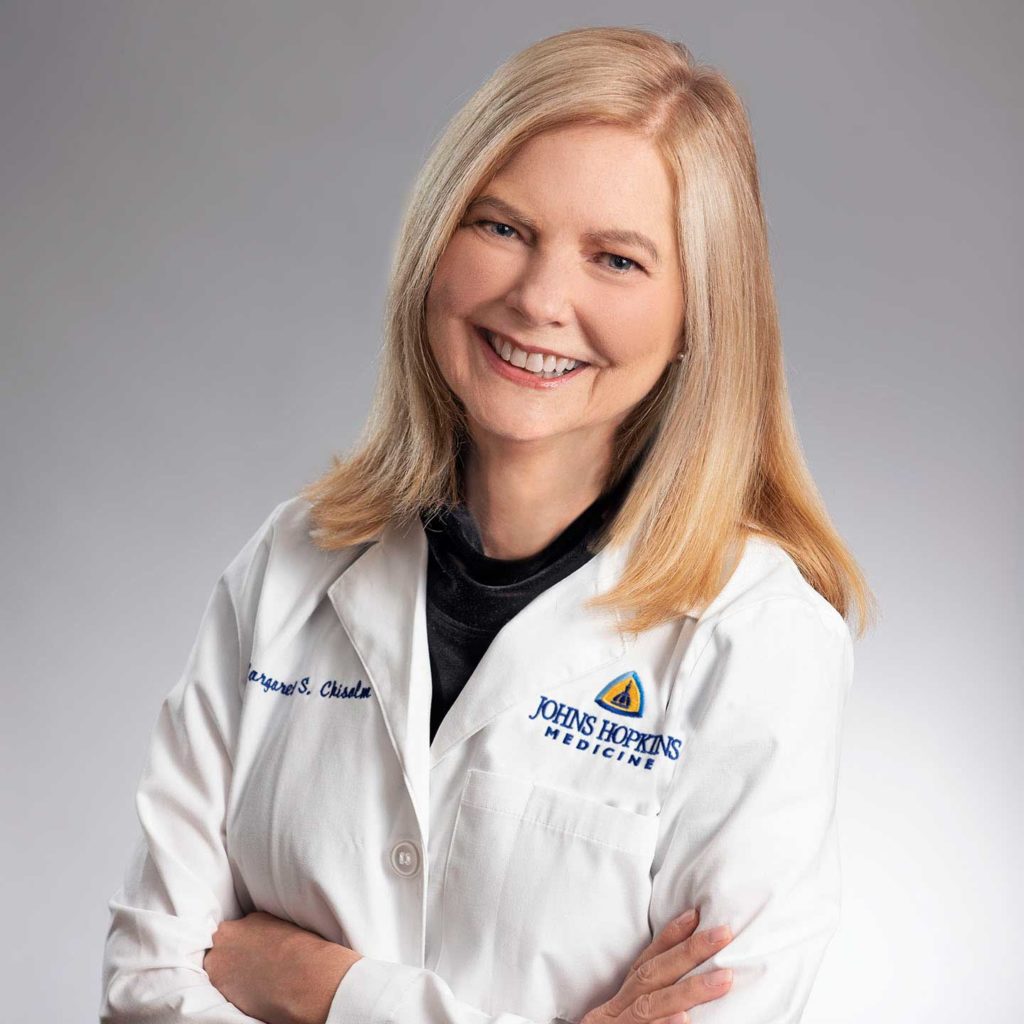Takeaway
Addiction impacts more than just my patient, but their entire family. And our job as doctors is—in some way—to care for all of them, to bring them in close, and to try to relieve their suffering in some way.

Passion in the medical profession | April 6, 2018 | 1 min read
By Margaret Chisolm, MD, Johns Hopkins Medicine
“When an Epidemic Is Personal” is a beautiful New York Times piece that captures the human tragedy of the opioid crisis in the most personal and devastating of ways: a mother’s lament over the loss of her son’s soul to addiction and the looming fear that his body will be taken next.
“The first time he overdosed, his brother heard the thud as he hit the ground; the third time his father found him, sprawled on the floor of his bedroom. How many times in rehab, now? I don’t like to ask. We’re past ‘three times is the charm,’ that’s for certain.
I hope this is the last time. I hope he can finally feel the love that surrounds him. I hope the day arrives when he does come up to visit, maybe later in the fall, when it’s less crowded and we can pick him out a rod and sit together, watching the water ripple beneath the bridge, him feeling the tug on his line, talking about nothing and everything. I hope this really is the last time, so there never is a final thud on the floor.”
This article reminds me that every patient we see who is struggling with addiction is—at the very least—someone’s son or someone’s daughter, and so worthy of our respect.
It’s a reminder that addiction impacts more than just my patient, but the entire family. And our job as doctors is—in some way—to care for all of them, to bring them in close, and to try to relieve their suffering in some way.
“A friend, reflecting on his own son’s opioid journey, once remarked, ‘I wish I’d held him closer.’
Is it ever close enough?”
I hope so. For all of us, doctors, and patients, and all of our families: I hope so.

